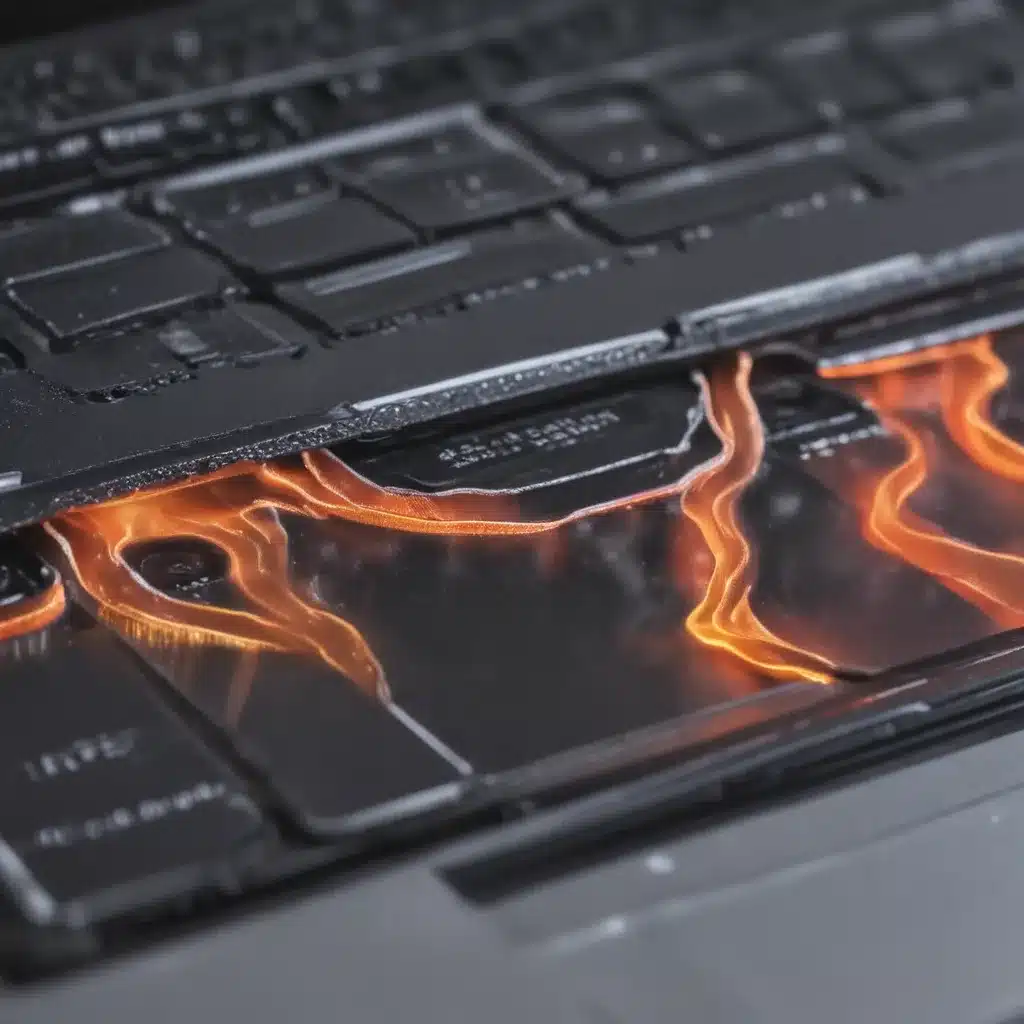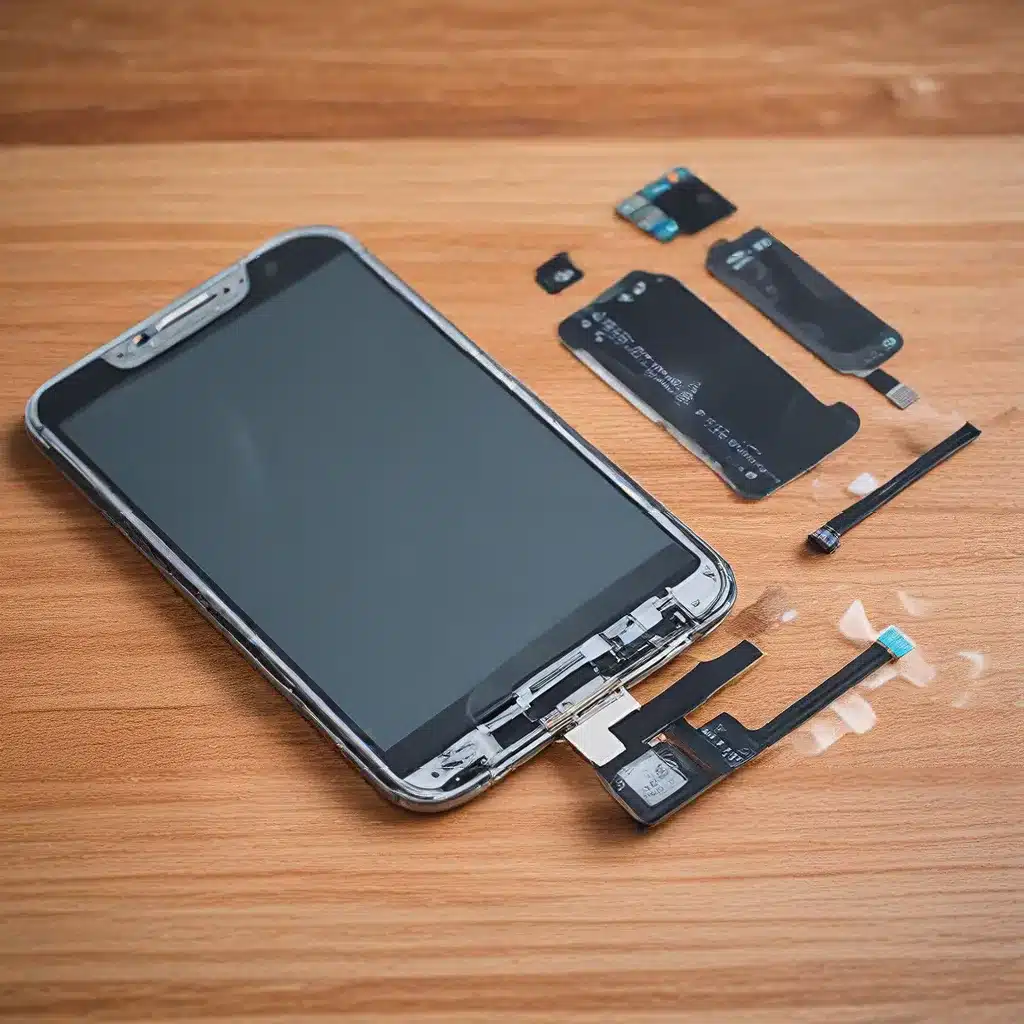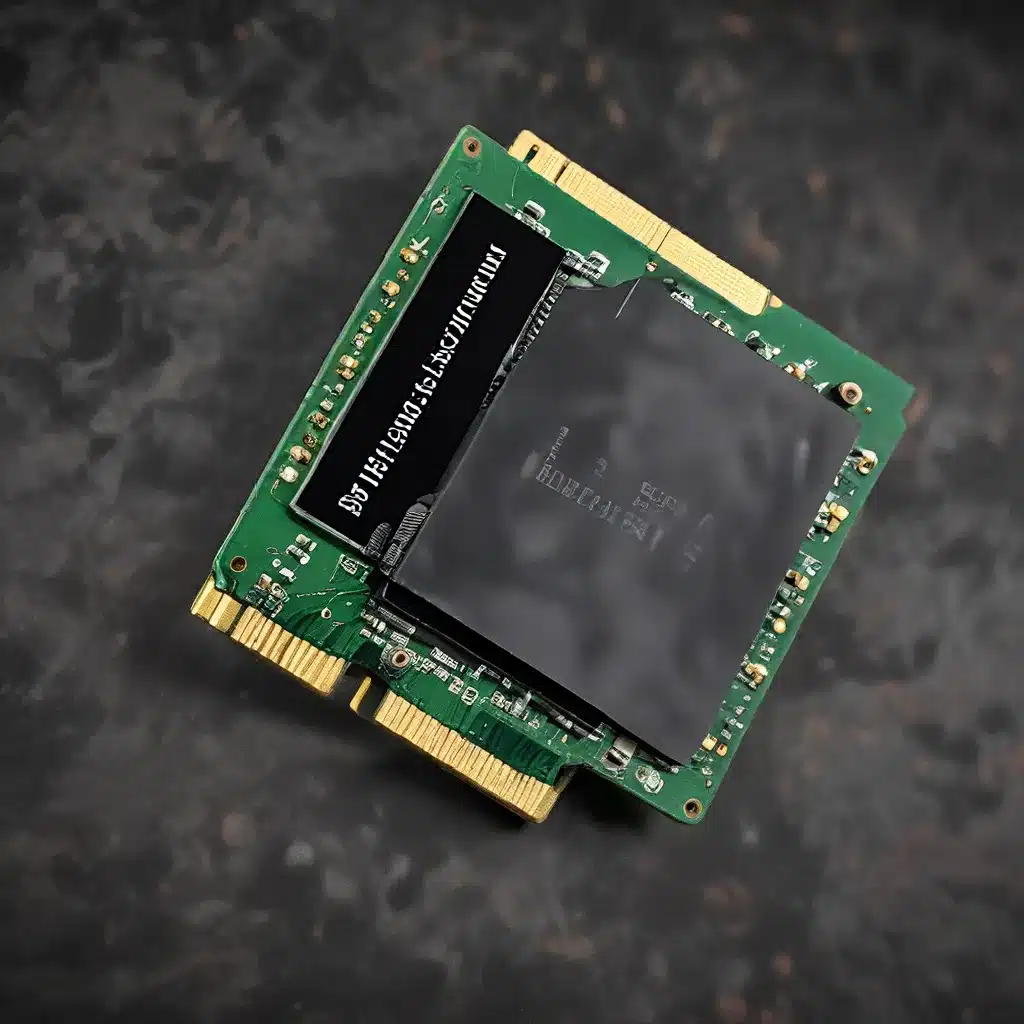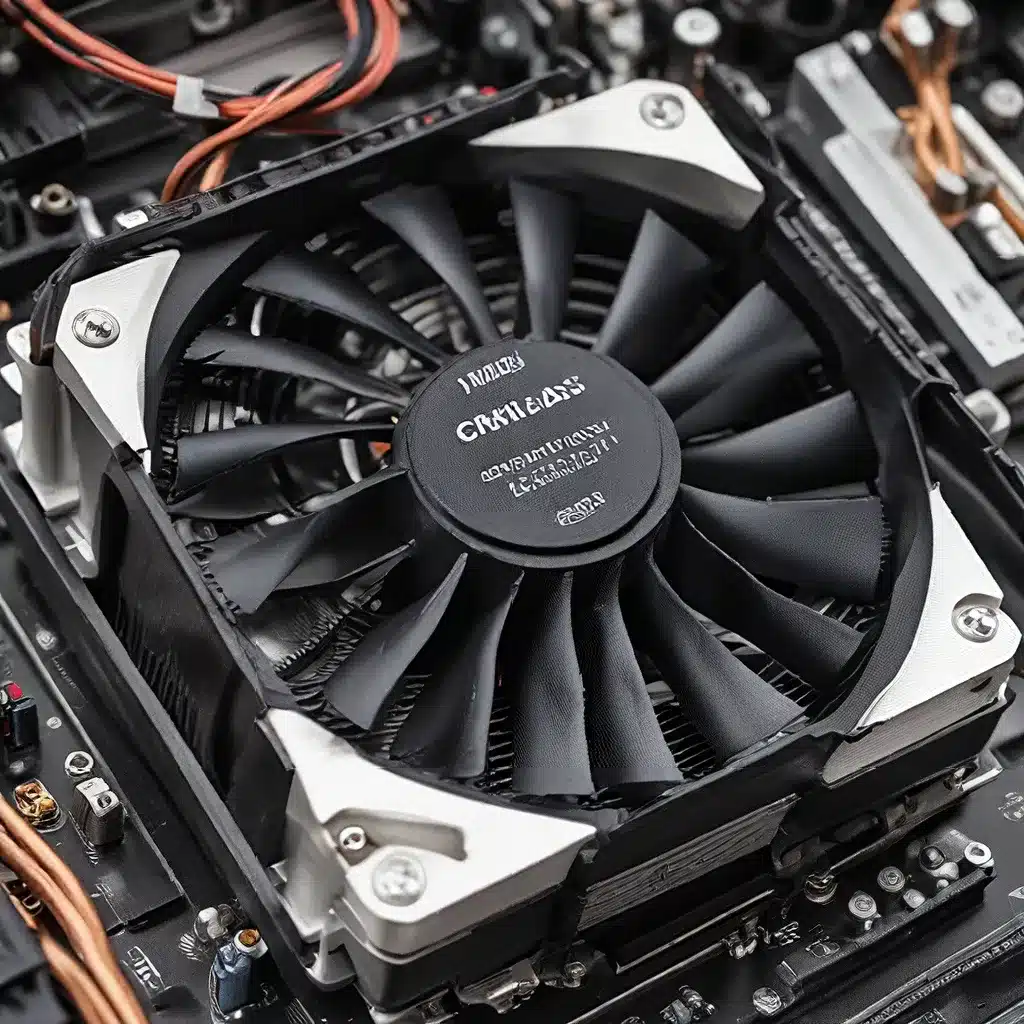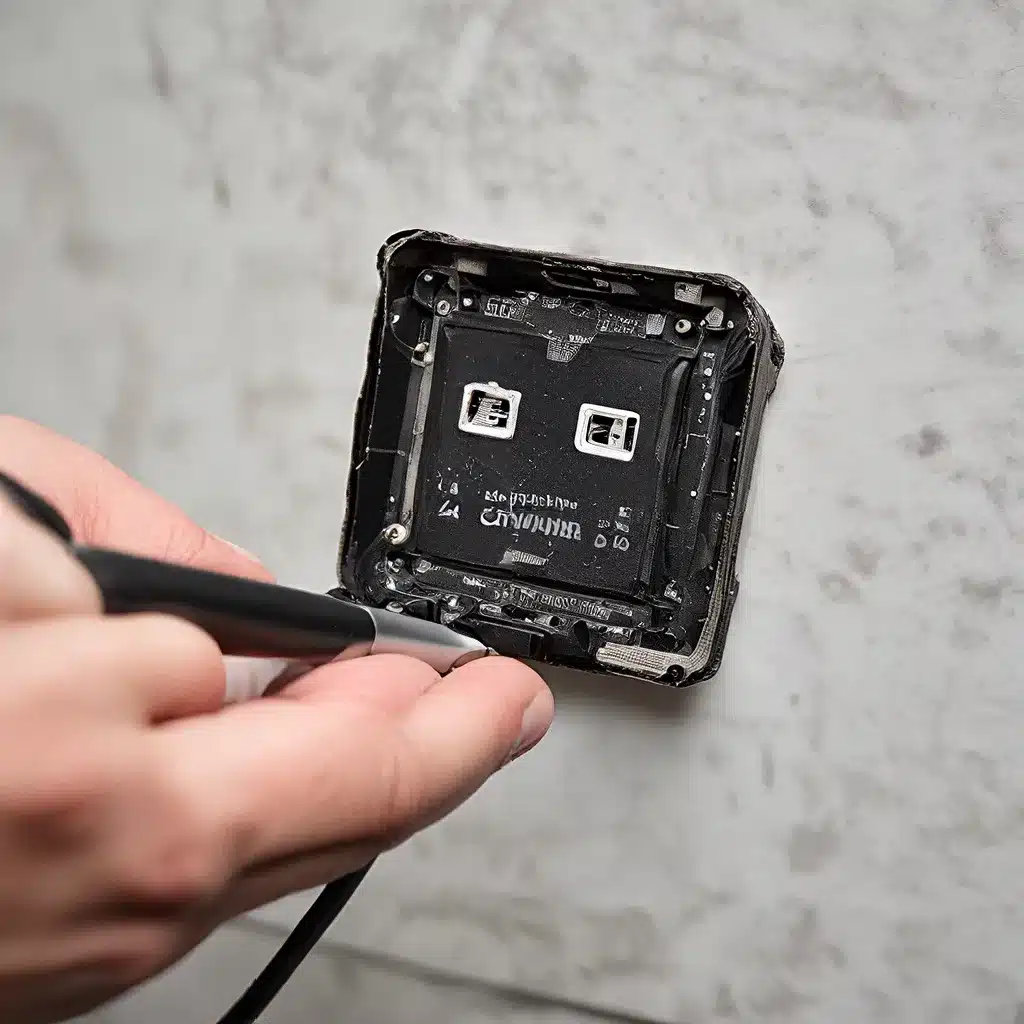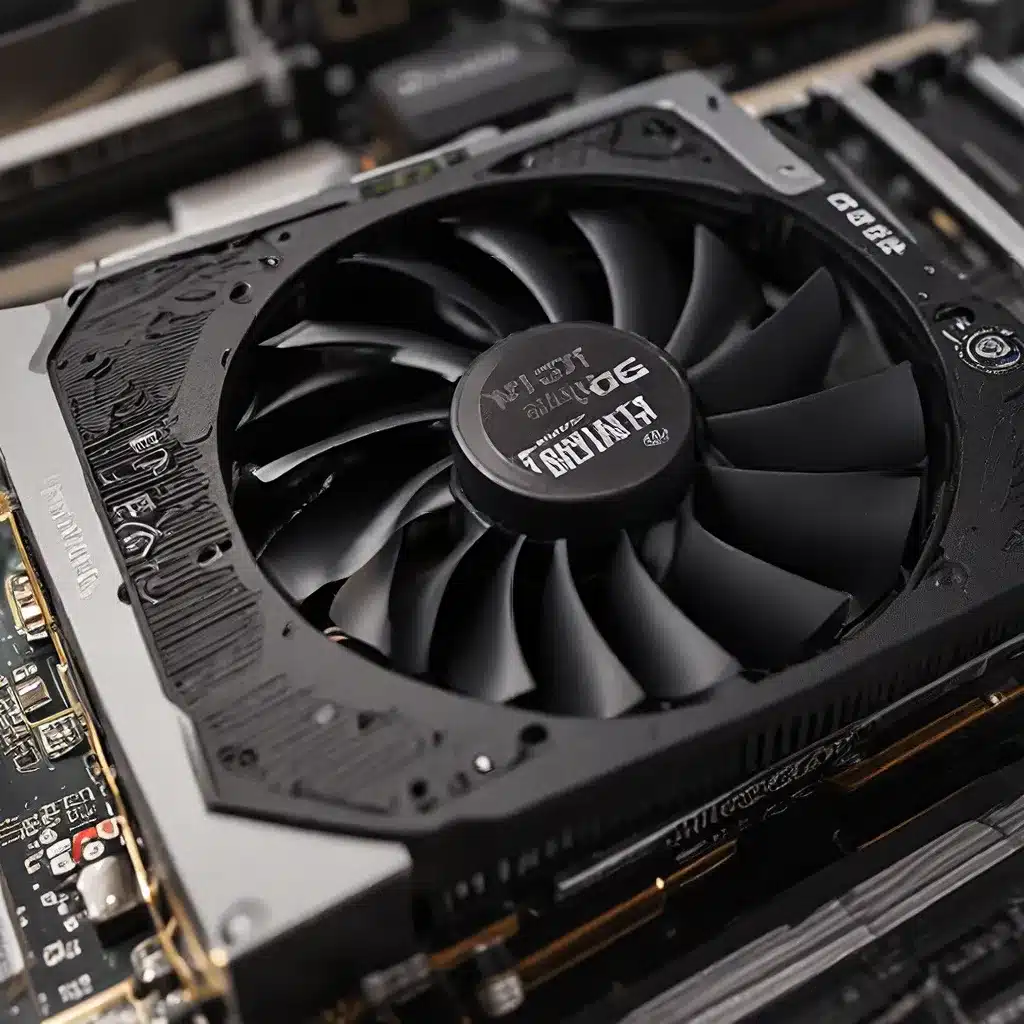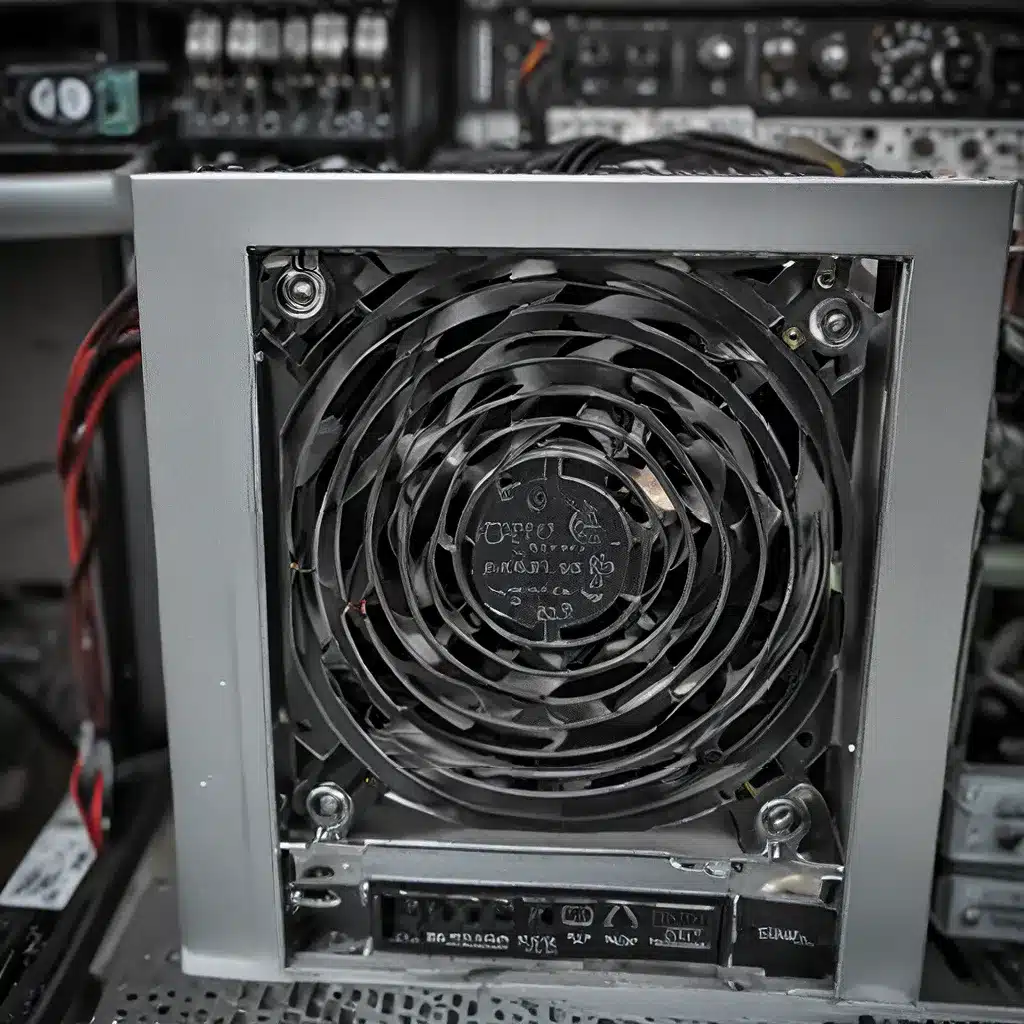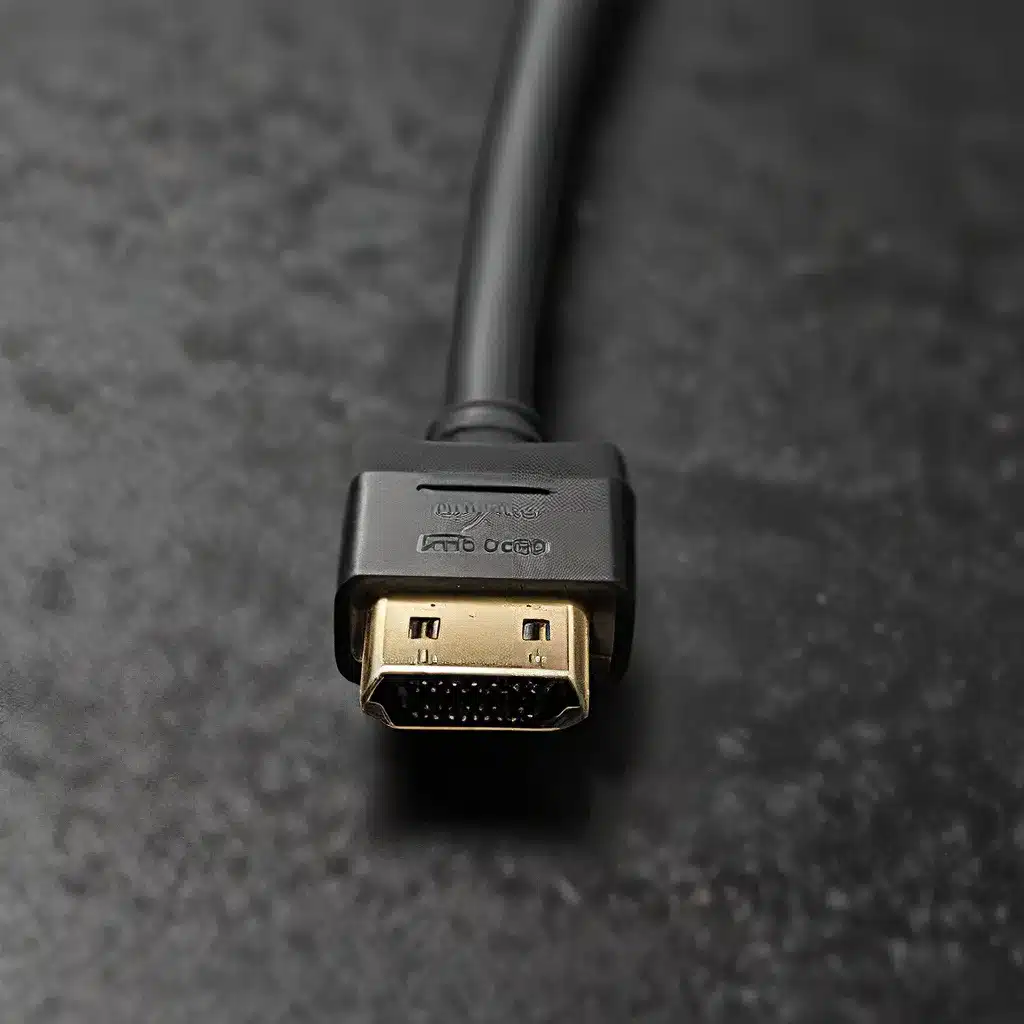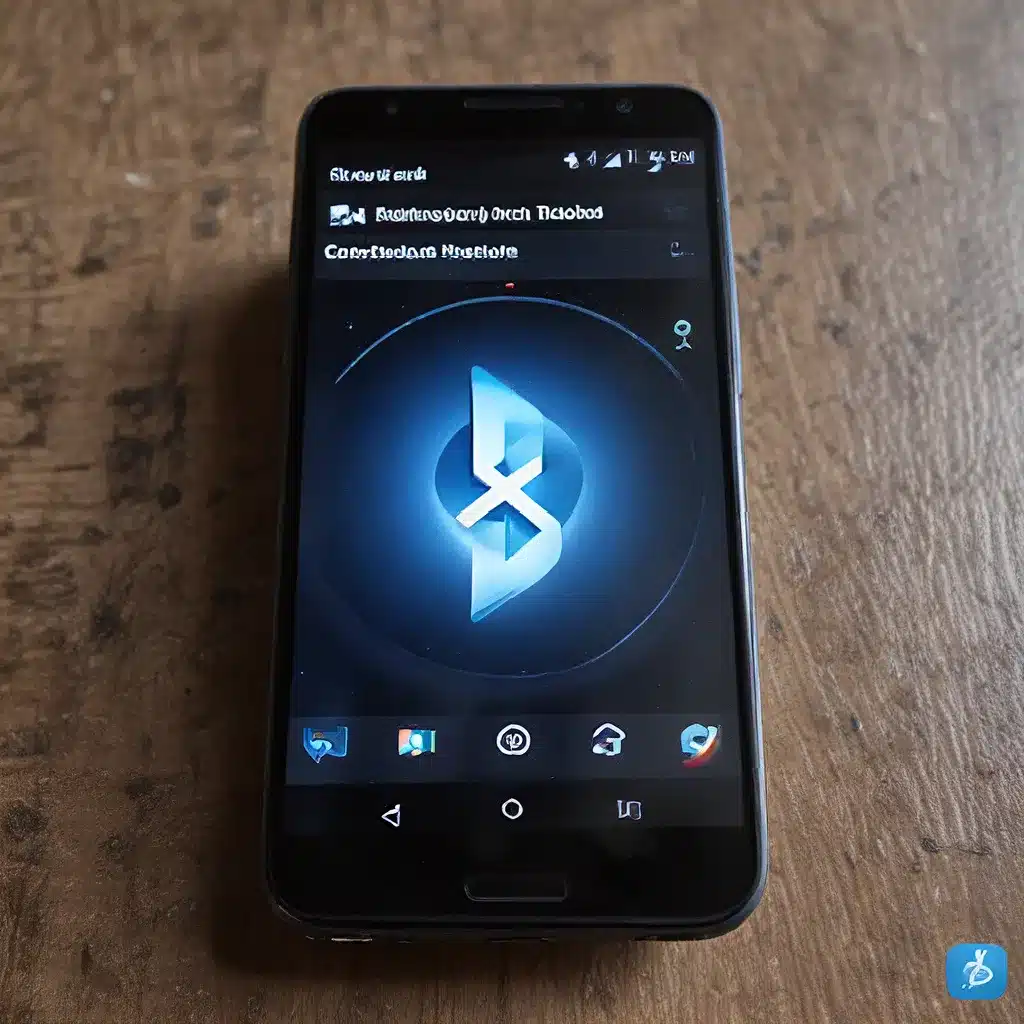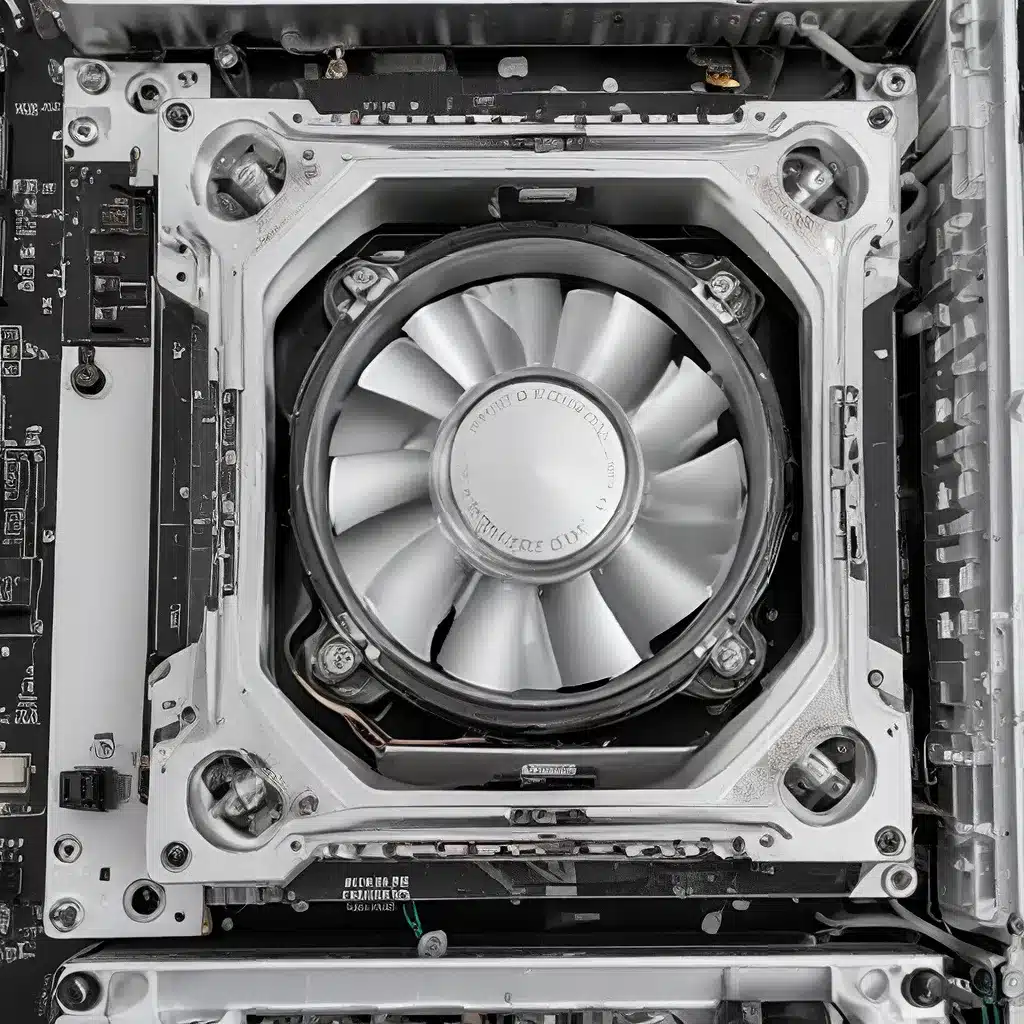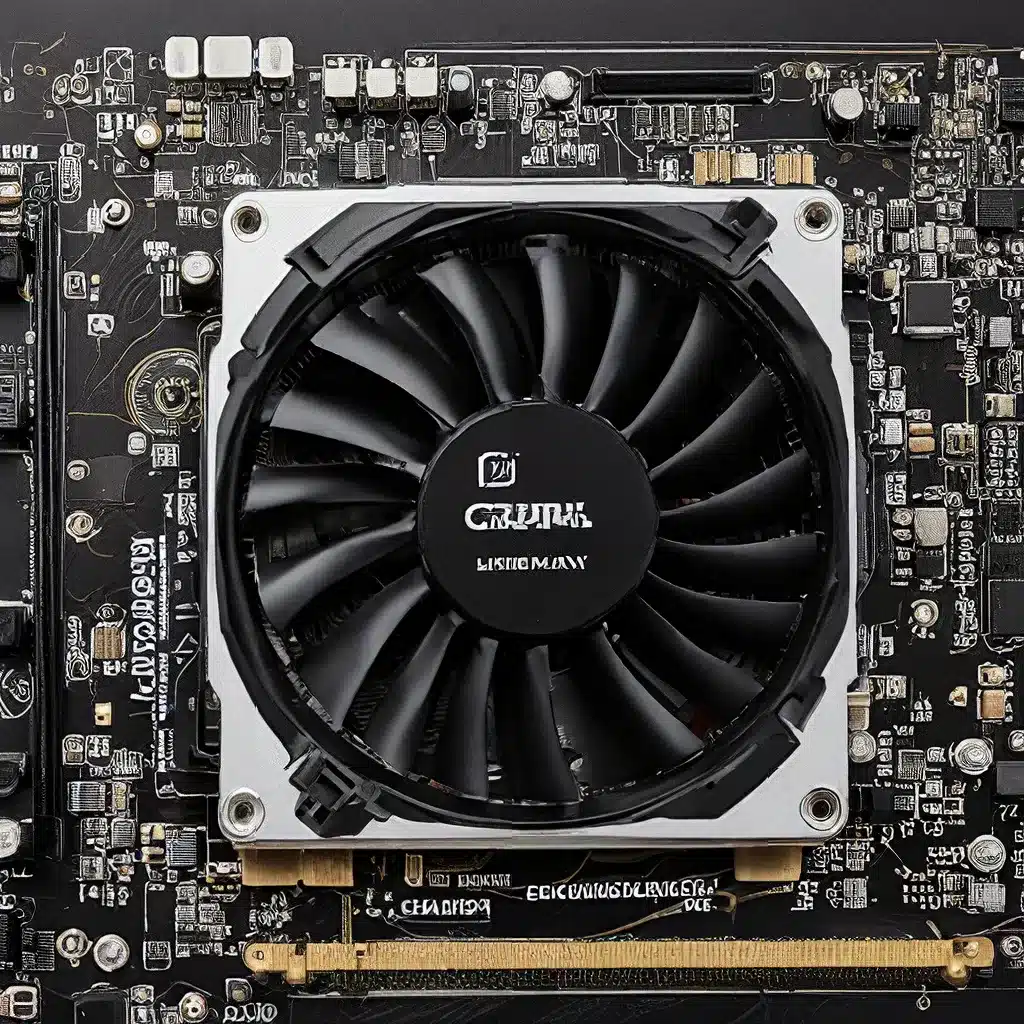Faulty Fans and Boiling Batteries: Averting Laptop Catastrophe
Picture this: You’re in the middle of an important work project, laptop humming along as you type away. Suddenly, it starts to feel like you’re holding a hot potato. The fans are whirring at full blast, and your palms are sweating from the sheer heat emanating from your device. Sound familiar? Yep, that’s the unpleasant sensation of laptop overheating.
As a self-proclaimed tech enthusiast, I’ve had my fair share of toasty laptop encounters. One time, I was binge-watching a show on my trusty HP Spectre when I made the mistake of closing the lid and shoving it into my backpack. [1] An hour and a half later, when I pulled it back out, the entire laptop was scalding hot – so hot that I could barely touch it. Needless to say, I had a mini panic attack, worried that I’d irreparably damaged my beloved machine.
Overheating is a serious issue that can wreak havoc on your laptop if left unchecked. From shortened battery life to permanent hardware failure, the consequences can be downright devastating. But fear not, my fellow tech warriors – with a little know-how, you can identify the signs of overheating and take proactive steps to prevent it from happening in the first place.
Recognizing the Warning Signs
So, how do you know if your laptop is running too hot? Well, there are a few telltale signs to watch out for:
1. Excessive Fan Noise: If your laptop’s cooling fans are running at full throttle, even when you’re not taxing the system, that’s a clear indication that it’s working overtime to keep things from overheating. [2]
2. Sluggish Performance: When your laptop starts to slow down, freeze, or crash unexpectedly, it could be a symptom of overheating. The CPU and other components may be throttling their performance to prevent further heat damage.
3. Burning Sensation: If your laptop feels uncomfortably hot to the touch, especially on the underside or around the vents, that’s a surefire sign that it’s overheating. [1] In extreme cases, it might even be too hot to hold comfortably.
4. Battery Drain: Overheating can wreak havoc on your laptop’s battery life, causing it to drain much faster than usual. [1] If your battery seems to be losing charge at an alarming rate, overheating could be the culprit.
Identifying the Underlying Causes
Now that you know the warning signs, it’s time to figure out what’s causing your laptop to overheat. Here are some of the most common culprits:
Clogged Vents and Fans
Dust and debris can easily accumulate inside your laptop, blocking the air vents and impeding the cooling fans from doing their job effectively. [2] This can lead to a dangerous buildup of heat that can damage delicate components.
Intensive Tasks and Multitasking
Running resource-hungry applications like video games, video editing software, or cryptocurrency mining can put a significant strain on your laptop’s hardware, causing it to generate more heat than it can dissipate. [2] Excessive multitasking can have a similar effect.
Blocked Airflow
Laptops are designed to be used on flat, hard surfaces that allow for proper airflow. But when you use them on soft surfaces like your lap or bed, the airflow can be blocked, causing the internal components to overheat. [2]
Malfunctioning Fans
If your laptop’s cooling fans aren’t functioning correctly – whether due to a mechanical failure or a software issue – the system won’t be able to effectively regulate its temperature, leading to overheating. [2]
Outdated or Corrupt Software
Outdated drivers, system updates, or even malware can interfere with your laptop’s cooling mechanisms, causing it to overheat. [3] Keeping your software up-to-date is crucial for maintaining optimal performance and temperature levels.
Preventing and Resolving Overheating Issues
Now that you know what can cause your laptop to overheat, let’s discuss some effective strategies for keeping it cool and preventing long-term damage:
Regularly Clean and Maintain Your Laptop
Make it a habit to clean out the vents and fans on your laptop every few months using a can of compressed air. [2] This will help ensure that the cooling system is working as it should and reduce the risk of overheating.
Use Your Laptop on a Hard, Flat Surface
Avoid using your laptop on soft surfaces like your bed or lap, as this can block the airflow and cause the internal components to overheat. [2] Instead, place your laptop on a hard, flat surface with plenty of clearance around the vents.
Monitor Your Laptop’s Temperature
Many laptops come equipped with built-in temperature monitoring software, or you can download a third-party app to keep an eye on your device’s internal temperature. If you notice it creeping into the danger zone, take immediate action to cool it down. [3]
Close Resource-Intensive Apps
If you notice your laptop starting to overheat, close any resource-intensive applications you have running, such as video games, video editors, or cryptocurrency mining software. [2] This will help reduce the strain on your system and allow it to cool down.
Consider Using a Cooling Pad
Investing in a laptop cooling pad can be a game-changer when it comes to preventing overheating. These devices use built-in fans to actively draw cool air into your laptop, helping to keep the internal components from overheating. [2]
Replace Thermal Paste
Over time, the thermal paste that helps transfer heat from your laptop’s CPU and GPU to the heatsinks can dry out and become less effective. [2] Replacing this paste can significantly improve your laptop’s cooling capabilities and prevent overheating.
Seek Professional Help if Necessary
If you’ve tried all the above measures and your laptop is still overheating, it may be time to take it to a professional for a more thorough inspection and repair. [3] They can diagnose the underlying issue and recommend the best course of action to get your device back in tip-top shape.
Remember, prevention is always better than cure when it comes to laptop overheating. By staying vigilant, taking proactive steps to maintain your device, and addressing any issues promptly, you can help ensure that your trusty laptop stays cool, calm, and collected for years to come.
[1] Knowledge from https://superuser.com/questions/1506220/how-to-determine-if-my-laptop-has-heat-damage
[2] Knowledge from https://www.asurion.com/connect/tech-tips/laptop-overheating-causes-signs-and-how-to-fix/
[3] Knowledge from https://www.reddit.com/r/techsupport/comments/tu6kwy/best_buy_wants_to_charge_me_100_to_look_at_my/

